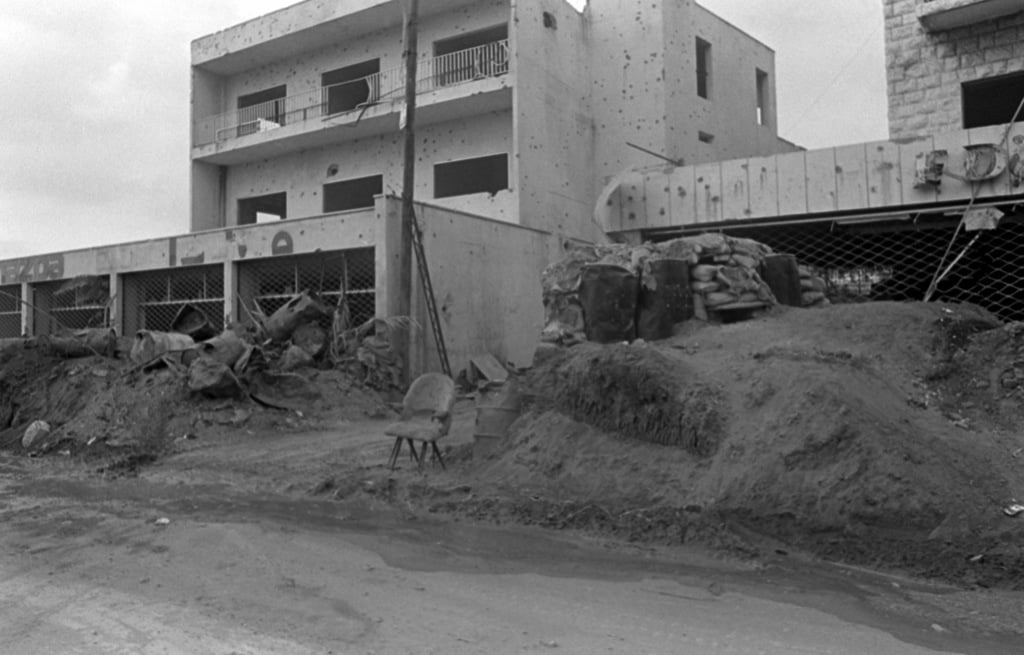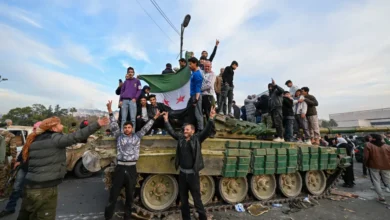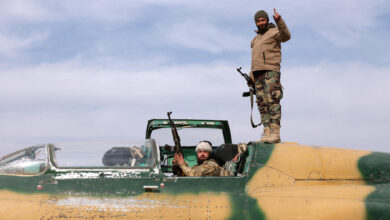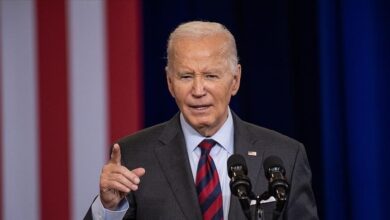
Israel has ramped up its military actions in Lebanon. They’re carrying out hefty airstrikes aimed at Hezbollah, the militant group that Iran supports. This all follows the death of Hezbollah’s leader, Hasan Nasrallah, who died in an Israeli air raid last Friday. Nasrallah was a significant player in Lebanon and all over the Middle East. He led Hezbollah for many years, working against Israeli control while also holding political power in Lebanon. His passing has stirred up the already tense relationship between Israel and Hezbollah, especially after years of border conflicts.
On Sunday, Hezbollah announced that two more important officials had died in those airstrikes. The Israeli Defense Forces (IDF) stated they struck many Hezbollah sites—this included military bases and stores of weapons. These moves are part of their ongoing mission to reduce the group’s influence in the area. In response, Hezbollah is promising to fight back, which has led to ongoing clashes near the Israeli-Lebanese border.
Lebanon is facing huge challenges because of this conflict. Reports say that more than 1,000 people have died in Israeli airstrikes over the past two weeks—tragically, at least 87 of those were children. Many people have been displaced too; they’re moving from southern Lebanon towards Beirut, the capital city. Lebanon’s Prime Minister has said we could see close to a million people will be displaced if this continues, which would lead to a big humanitarian problem. The Lebanese government is calling for a quick ceasefire since they are dealing with yet another war’s fallout.
The World Food Program (WFP) is stepping up to help out. They’re preparing aid for up to 1 million people in Lebanon due to urgent food needs. “Lebanon is at a breaking point and cannot go through another war,” said Corinne Fleischer, WFP’s Regional Director. Many families are struggling with not having enough food or access to medical supplies while basic needs are hard to meet as fighting continues.
Beirut used to be so lively but now feels quiet and strange with businesses closing down everywhere. Drones buzz around above as residents either grieve Nasrallah’s loss or brace for what’s next. Lots of folks are taking shelter, feeling uncertain about their futures. The ongoing war in Gaza only adds to this mess! With Hezbollah involved, it makes everything even more complicated.
International attention is on this issue too—especially from the United States! National Security Council spokesman John Kirby advised Americans in Lebanon to get out while there are still commercial flights available. He pointed out how unpredictable things could get and that further escalation might happen easily.
At the same time, the fighting in Gaza goes on. The Gaza Health Ministry reports heartbreakingly that over 41,595 people have been killed since fighting started with more than 96,000 injured. In Israel, around 1,200 people lost their lives during the initial Hamas attacks on October 7, plus another 346 soldiers have died since military operations began.
While all this chaos continues, talks meant to calm things down have hit a wall. U.S Senator Lindsey Graham voiced concerns that these events might lead Iran toward developing nuclear weapons as a backup plan—considering problems faced by groups like Hezbollah and Hamas! He pushed for talks again but noted there are many hurdles ahead, especially since Saudi Arabia wants a path to Palestinian statehood as part of any deal with Israel.
The situation remains very changeable in both Lebanon & Gaza with no clear signs of easing tensions anytime soon!




